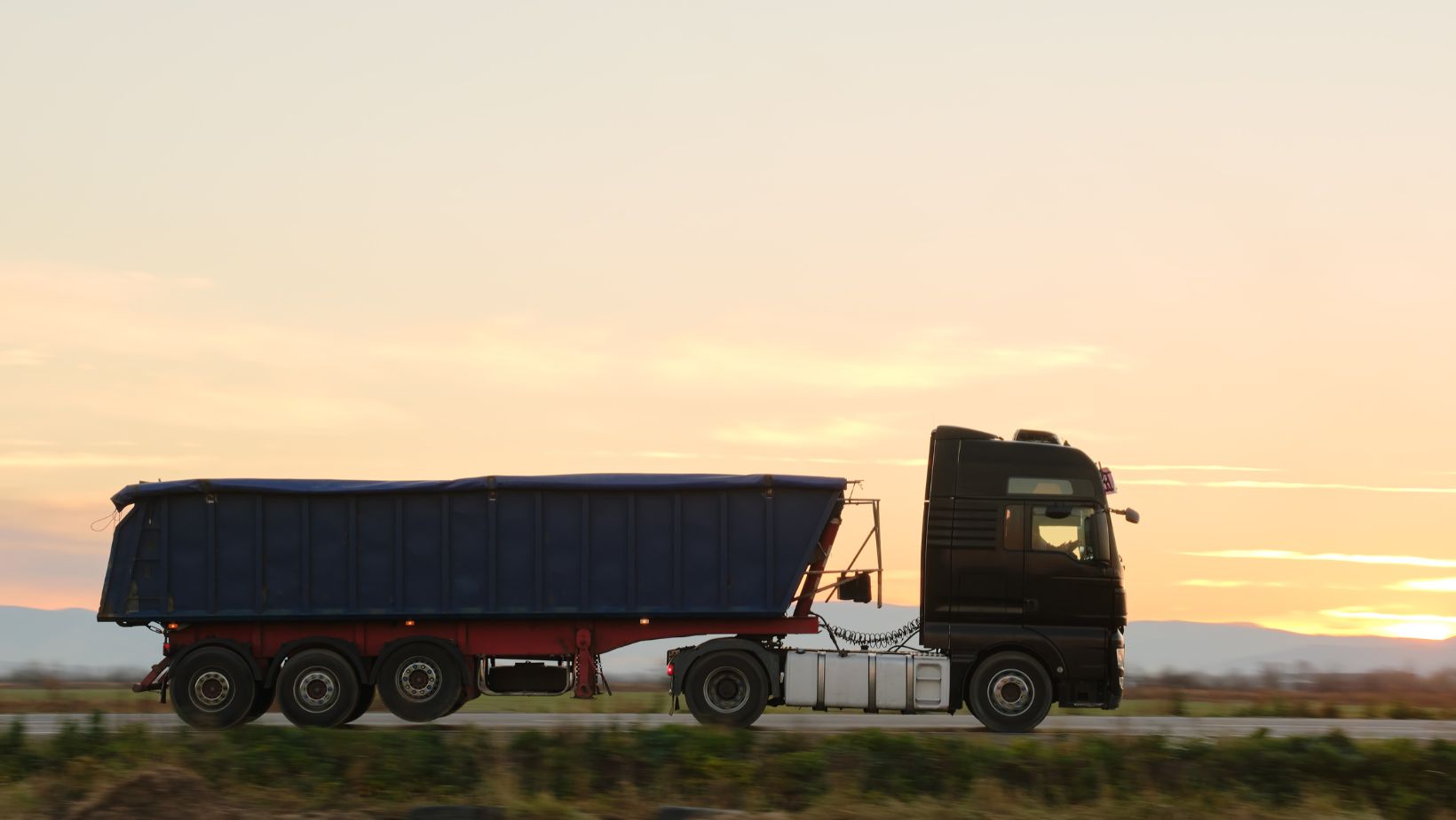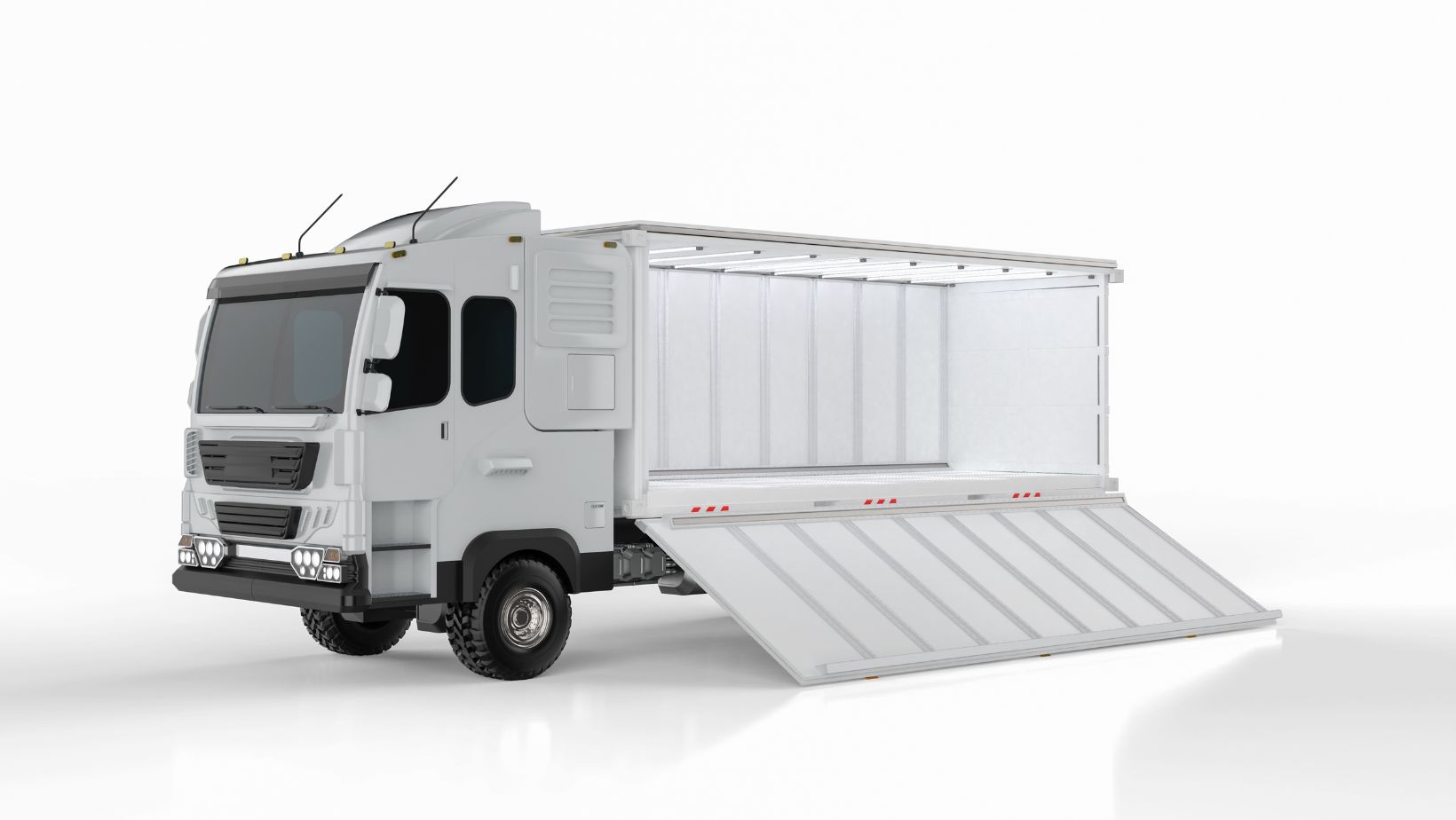
Have you ever thought about what might go wrong if your trailer goes off the road? Tipping over a trailer can be a big problem that makes driving less safe and stable.
Figuring out the main causes of this issue can help keep things from going wrong and make the trip more pleasant. If you want to stay safe on your trip, this blog will talk about five important things you need to know about trailer tipping.
Causes of Trailer Tipping
Trailer tipping can happen for several reasons. One common cause is overloading, where the trailer is carrying more weight than it’s designed to handle. This makes it unstable and prone to tipping, especially when turning or driving on uneven surfaces.
Poor weight distribution, where the load is not balanced properly, can also lead to tipping. Additionally, high winds or driving too fast around curves can cause the trailer to become unstable and tip over.
How to Prevent Trailer Tipping
To prevent trailer tipping, start by loading the trailer correctly. Distribute the weight evenly across the trailer to maintain balance. Make sure the heaviest items are positioned over the axle.
Avoid overloading by adhering to the trailer’s weight limit and checking the load before setting off. Drive cautiously, especially around corners and on uneven roads, to avoid sudden shifts in the trailer’s weight.
Regularly inspect the trailer’s tires and suspension to ensure they are in good condition. Proper maintenance and careful driving play key roles in preventing tipping incidents.
Legal and Safety Regulations
Each region has specific laws regarding the maximum weight a trailer can carry and the required equipment, such as safety chains and brake systems. It’s essential to familiarize yourself with these regulations to avoid fines and ensure safe travel.
For example, in many places, trailers must have proper lighting and reflectors. Adhering to these laws helps prevent accidents and ensures that the trailer is safe for use on the road.
Trailer Tipping in Different Scenarios
Trailer tipping can occur in various scenarios. On highways, high speeds and sudden lane changes can destabilize the trailer, leading to tipping. In off-road conditions, uneven terrain and steep inclines can cause tipping if the trailer is not properly balanced.
When there is bad weather, like strong winds or heavy rain, the chance of tipping goes up. Understanding these scenarios and adjusting your driving and loading practices accordingly can help reduce the risk of tipping in different environments.
Tools and Equipment to Help Prevent Trailer Tipping
There are several tools and equipment designed to help prevent trailer tipping. Trailer stabilizers, such as sway bars and stabilizer jacks, can improve stability by reducing movement and sway. Load-leveling hitches are used to distribute the trailer’s weight evenly across the towing vehicle and trailer.
Properly inflated tires and regular maintenance also contribute to stability. Using these tools and maintaining them in good condition helps keep the trailer stable and reduces the risk of tipping during travel.
Ensure Safe and Efficient Trailer Use
Understanding the key factors behind trailer tipping and implementing effective safety measures is crucial for maintaining stability and preventing accidents. For additional support with managing your load and maintaining safety, consider reliable services like skip bin hire Melbourne. Stay informed, prioritize safety, and enjoy a secure and efficient trailer experience.

















